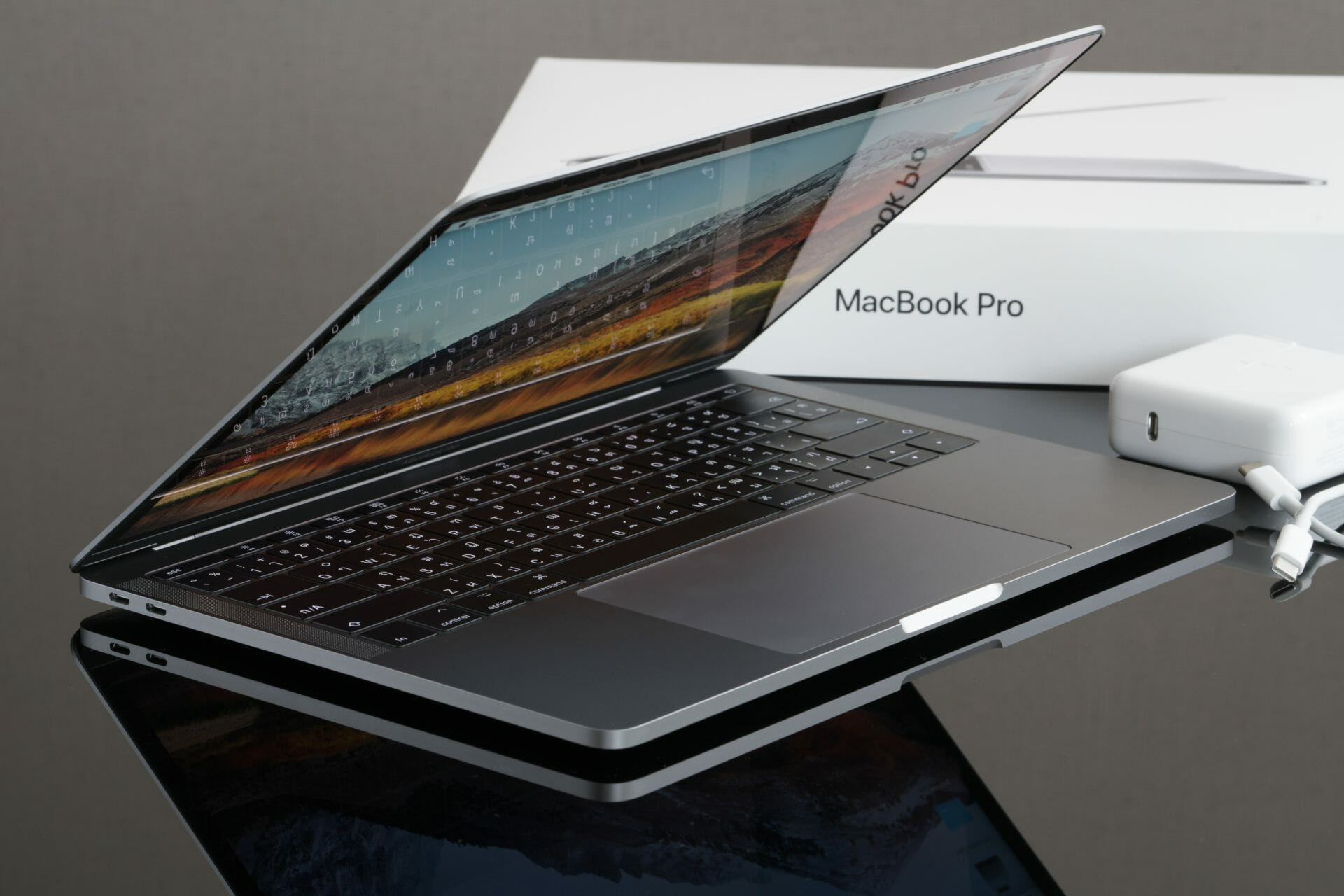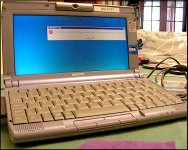After many years of being a bit of a PC geek (I was the technical editor on a PC magazine for a couple of years), I switched to Mac in 2009 when Apple released the first generation of the 27" iMac using Intel processors. Using Bootcamp, you could side-load Windows onto them back then so I had the best of both worlds.
Back in my PC days, I was forever having to sort out driver issues and would reinstall Windows on a fairly regular basis to to get a stable machine again. The Mac, on the other hand, just 'worked'. Because Apple controls the hardware, there's very few issues with drivers. I made the switch to Apple silicon a couple of years back when it became obvious that holding onto an expensive Intel-based Mac was going to lead to me losing a massive amount of money - I quickly cashed in my 2019 i7 MacBook Pro and bought an M1 Mac Mini. The Apple Silicon is a bit of a revelation - compared to the Intel chips, Apple Silicon is a massive leap forward. It's just so much faster and everything is silky smooth - graphics, processing, memory and SSD access et all are just so much faster. Even with just 8GB of RAM and a 512GB SSD, the basic M1 Mac Mini happily runs Lightroom and Photoshop.
More recently, I bought an M1 Pro MacBook Pro with a 16" screen, 16GB of RAM and a 1TB SSD drive. Again, it's a big jump in performance, helped by double the amount of memory and the faster processor. If money were no object, I'd probably buy a Mac Studio with an M2 Max processor and 32GB of RAM. I honestly think that the base Mac Studio is more than powerful enough for 99% of users and will do the job perfectly for many years to come. Apple will probably upgrade it to an M3 Max in the new years so you might want to hold off buying one. Maybe buy an M3 Mac Mini in the meantime.
In terms of the operating system. Apple launches a new version of MacOS each year around late September/early October time (which they make available for free, I might add). It's not unusual for some software to develop glitches when the new MacOS is released but they tend to be fixed very quickly. More often than not, it's an issue with the software you're running rather than MacOS and developers like Adobe, Serif etc work very hard to update their software to ensure that it works with Apple's newest version of MacOS. This used to be more of an issue a few years back but again, after the switch to Apple Silicon, it seems to happen far less. MacOS Sonoma launched about two months ago and I upgraded within a day or so of its launch. Other than a couple of minor glitches with Photoshop (which Adobe fixed very quickly), I experienced very, very few issues. Updates don't seem to cause any real issues either tbh.
The biggest challenge that most new Mac users face when they switch is down to the user interface tbh. MacOS is similar to Windows but also very different - be prepared to have to 'unlearn' a few old habits and endure a steep learning curve to make the switch. Some people give up and go back to Windows but seriously - persevere with it and you will come out the other side a much happier computer user. I love my Macs and I would never, EVER go back to a Windows machine. The Mac just feels so much more polished and slicker than any Windows machine I have ever used (and yes, I have used Windows 11 etc). Hope all this helps!
Oh and for the record, I do still own a Windows-based machine too - it just happens to be an old 27" iMac with an Intel i7 which I 'sacrificed' to Windows when I switched to Apple Silicon. I use it to run photogrammetry software which sadly isn't available on the Mac








www.virtualbox.org


